DALLAS — When you picture the small commuter airlines that stitched together American towns in the 1970s, you probably think of beige turboprops, cramped seats, and routes that only locals knew about.
What most people do not picture is a Black man from Durham, North Carolina, running one of those carriers, hiring and training dozens of pilots of color, and quietly changing the face of US aviation.
That man was Warren Hervey Wheeler, and his story is part aviation tale, part civil-rights story, and part small-business grind. Wheeler’s airline never became a national giant. Still, for two decades, it changed lives, built careers, and proved that an African-American owner could run a certificated air carrier in the United States.
A Kid Who Wanted to Fly and Learned to Make a Living from It
Warren Wheeler was born in 1943 into a Durham family that had roots in banking and civic life. He fell in love with flight early, and by his late teens, she was already stacking the qualifications that mattered in the cockpit. After a short stint at North Carolina A&T, he left to train at American Flyers in Ardmore, Oklahoma, earning his commercial license and a multiengine rating at roughly 19 years old, not to mention he got his private pilot’s license when he was just 15!
Back in North Carolina, the path to an airline seat was not easy. Racial barriers were real, and even qualified Black pilots faced closed doors. Wheeler’s response was practical: he opened a flying school and charter business at Horace Williams Airport to build hours, to earn money, and to make a living doing what he loved.
In 1966, a recommendation from then-governor Terry Sanford helped a 22-year-old Wheeler land a job at Piedmont Airlines (PT), making him the carrier’s first African-American pilot. It was a breakthrough moment, for sure. But Wheeler did not settle into a comfortable cockpit routine and call it a day. He kept one foot in entrepreneurship, and when the chance came, he took a leave of absence from Piedmont to test whether his small charter outfit could be more than just a side business.
It was in 1969, when Warren established Wheeler Flying Service (Wheeler Airlines), marking the launch of the first African American–owned and –operated air service in the United States.
From One Plane to an Airline
Wheeler Flying Service began modestly. The records and contemporary reporting show he borrowed startup capital, including a Small Business Administration loan, and got to work. Wheeler himself later recalled that in the beginning the business had “one airplane and one employee,” meaning himself.
He filled niches: courier work for banks, charters, maintenance services, and flight instruction. As the operation expanded, Wheeler applied for and won small regional contracts that larger operators did not want, and that created the first scheduled routes that turned a flying school into a certificated carrier.
What Made Wheeler Different Wasn’t the Hub Strategy; It Was the People
Many commuter airlines were established to pursue government subsidies or connect to major hubs. Wheeler Airlines did that too, but the other half of his mission was social. He hired people that the industry had not employed before, and he put training systems in place.
Wheeler famously said he wanted to hire Black pilots whenever he could, but always on merit. That mix of ambition and responsibility produced a training pipeline that would feed larger carriers. By the late 1970s, his business had graduated dozens of pilots into turbine time and airline careers.
Routes, Equipment, The Daily Grind of Regional Flying
Wheeler’s scheduled services read like a map of underserved American mid-Atlantic towns. By the mid-1970s, he was flying Cessna 402s and later Beech 99 commuter turboprops on short hops between Raleigh-Durham and places like Greenville, Elizabeth City, Morehead City, Norfolk, and Charlotte, and later to markets as far afield as the New York area and Atlantic City with larger equipment.
Wheeler offered the kind of on-time, no-frills links that kept small businesses moving, and he sometimes partnered informally with mainline carriers that saw his network as feeder traffic. Wheelers’ early advertising and timetables show carefully pitched business schedules; daily morning and evening runs timed for commuting executives, and ad-hoc charters for local institutions.
Training Programs That Mattered in Real Life
If you want to measure Wheeler’s actual influence, look at the cockpit rosters that started at his shop. Beginning around 1979, he leveraged federal employment and training programs to recruit and pay for flight training for unemployed people of color.
He used mechanisms like the Comprehensive Employment and Training Act to fund courses that otherwise would have been out of reach. The result was not only a seat in a small airline, but it was real turbine time and the hours mainstream carriers required. Jill Brown and other notable aviators who passed through low-hour pipelines later found work at major carriers; the experience they gained at Wheeler made them employable.
In short, Wheeler’s company operated as both an employer and a flight school that gave ‘turbine time’ to pilots who had been shut out elsewhere.
The Numbers: Growth, Scale, Reality Checks
Contemporary coverage and later histories chart a steady climb. In the mid-1970s, Wheeler had several commuter aircraft and a growing staff; at peak moments in the early 1980s, sources show a fleet of Beech 99 turboprops and even a Fairchild F-27 at one point, with several thousand passengers a year and peaks reportedly carrying more than 40,000 charters and passengers annually across the different parts of the business.
That success had limits. Wheeler Airlines was a small operator in a rapidly changing industry, and margins were thin. The airline, like many regionals, lived and died by contracts, partnerships with majors, and the unpredictable ups and downs of fuel and maintenance costs.
The 1980s were rough on independent regionals. Deregulation and the rise of code-sharing and large regional feed contracts changed the economics of commuter flying. Wheeler’s airline competed effectively on community routes, but when Piedmont and other majors chose other feeder partners, Wheeler lost access to a steady channel of passengers and predictable revenue.
Facing rising competition and shrinking margins, Wheeler Airlines filed for Chapter 11 protection in 1986 and then slowly wound down scheduled services. The end was gradual rather than sudden, a familiar arc for family-run or founder-led commuter carriers in that era.
What Wheeler Did Next and How He Remained a Presence in Aviation
Wheeler never left aviation. After stepping back from scheduled services, he kept working as a pilot for major carriers and later created Caribbean Wings in 1983, a charter operation serving the Caribbean (a subsidiary of Wheeler Airlines). Over the years, he was recognized in his home state for the barriers he had broken and for the pilots he helped train. The North Carolina Aviation Museum inducted him into its Hall of Fame, a formal recognition that the community remembered and valued his contributions.
In interviews and local profiles, Wheeler talked about skepticism he faced early on — customers who told him they did not think a Black airline would last, or the skepticism of banks and business partners. He also talked about pride: watching a trainee walk into a turbine cockpit for the first time, or getting a call years later from a former co-pilot who had just been hired by a major airline.
Those moments are not flashy, but they are durable. Training one pilot who later becomes a captain at a significant carrier multiplies the impact by decades.
Why Wheeler Matters Today
Two reasons. First, he’s a historical fact — the first Black owner of a certificated U.S. air carrier, a practical and documented milestone in aviation history. Second, Wheeler’s business model shows how a small operator can be both commercially valuable and socially significant. He took small public contracts, ran short commuter hops, and trained pilots who went on to change the demographics of the cockpit.
That matters now because pipelines and representation remain hot topics as the industry tries to attract a broader workforce. Wheeler’s work is a case study in how private enterprise and public training money can combine to build career ladders.
Looking Back Without Romanticizing
It is tempting to tell Wheeler’s story as a tidy triumph. The reality is messier. Wheeler Airlines never had the cash or scale of the majors, and it ultimately disappeared under market pressure. Yet the airline’s closure should not erase the decade-plus run in which it trained pilots, connected communities, and made the case for Black leadership in aviation.
For the pilots who owe their turbine time to Wheeler, the airline’s value is not measured in profit and loss statements but in careers. For Durham and the regional aviation community, Wheeler is remembered as a trailblazer who made good on a promise to create opportunity.
His legacy is a reminder that breaking barriers is rarely a straight climb; it’s about persistence through turbulence, vision when the runway isn’t clear, and the courage to take off anyway (metaphorically speaking).
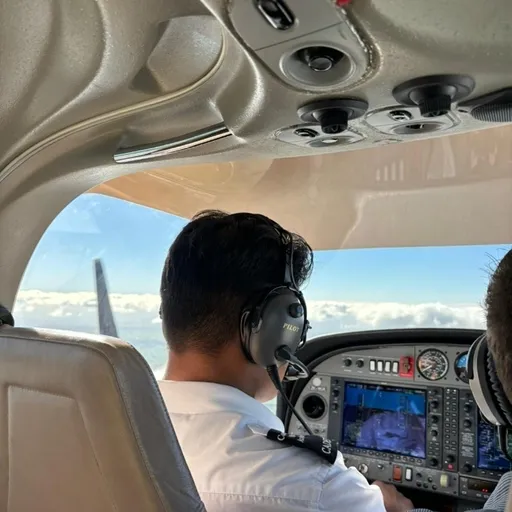
.jpg)
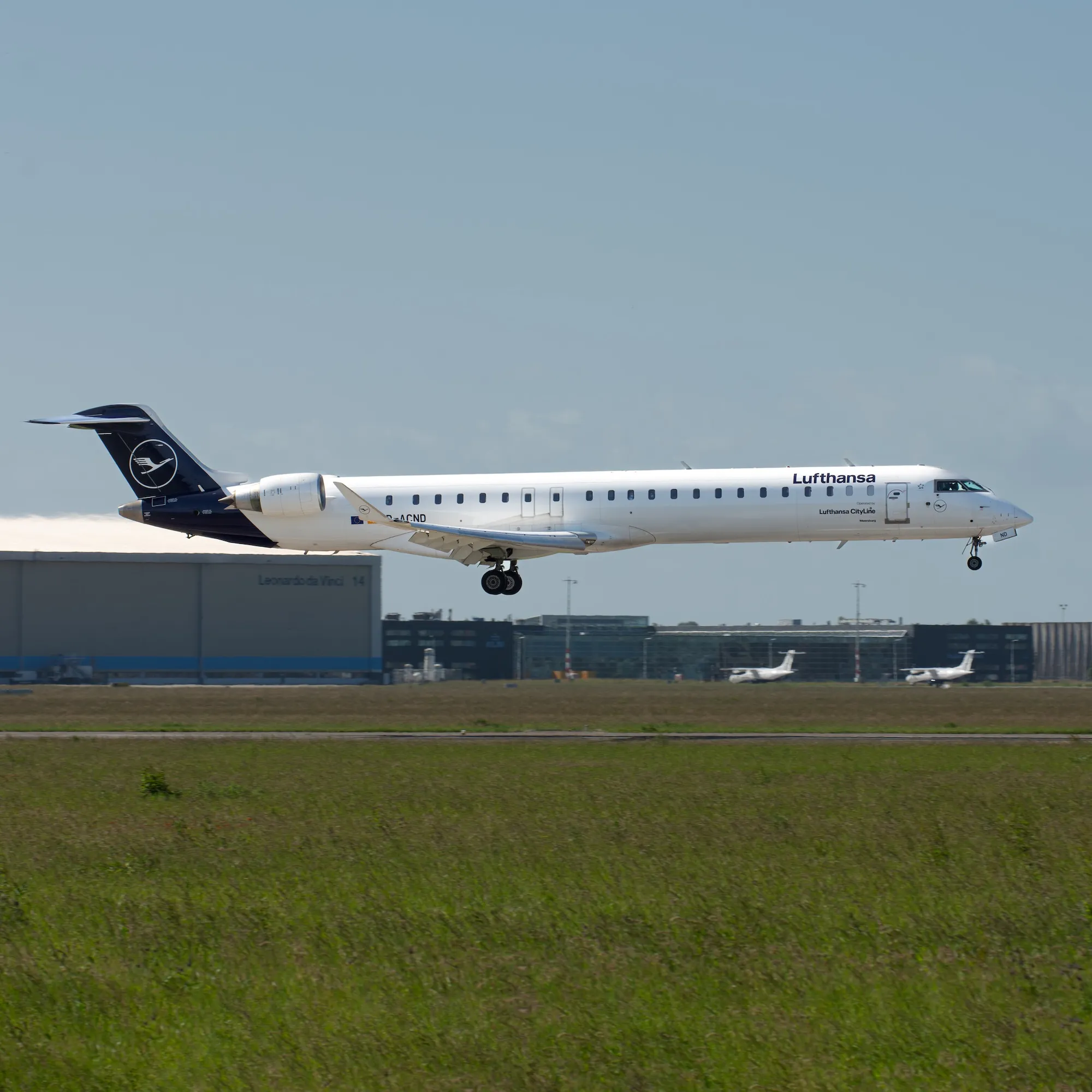
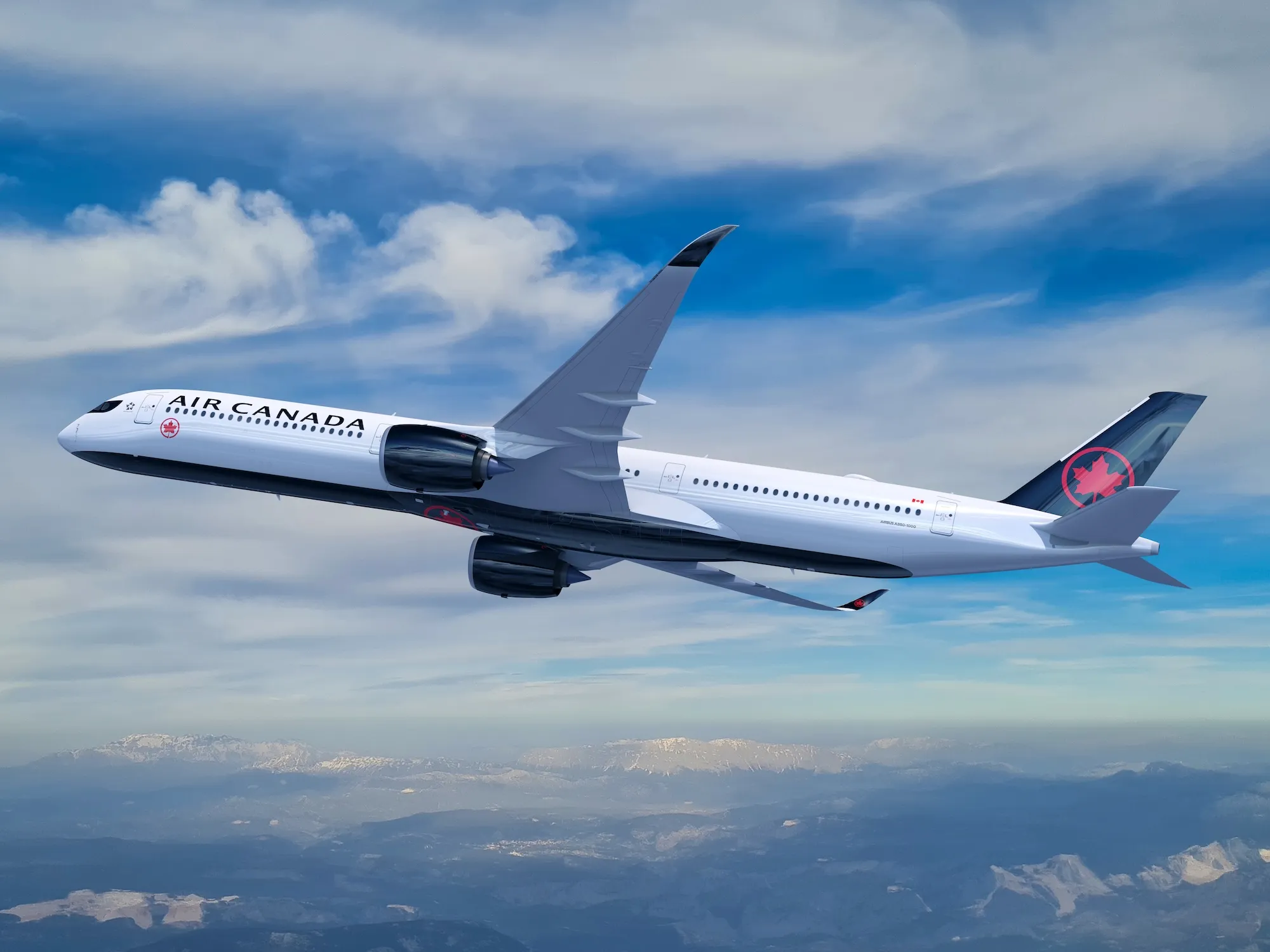
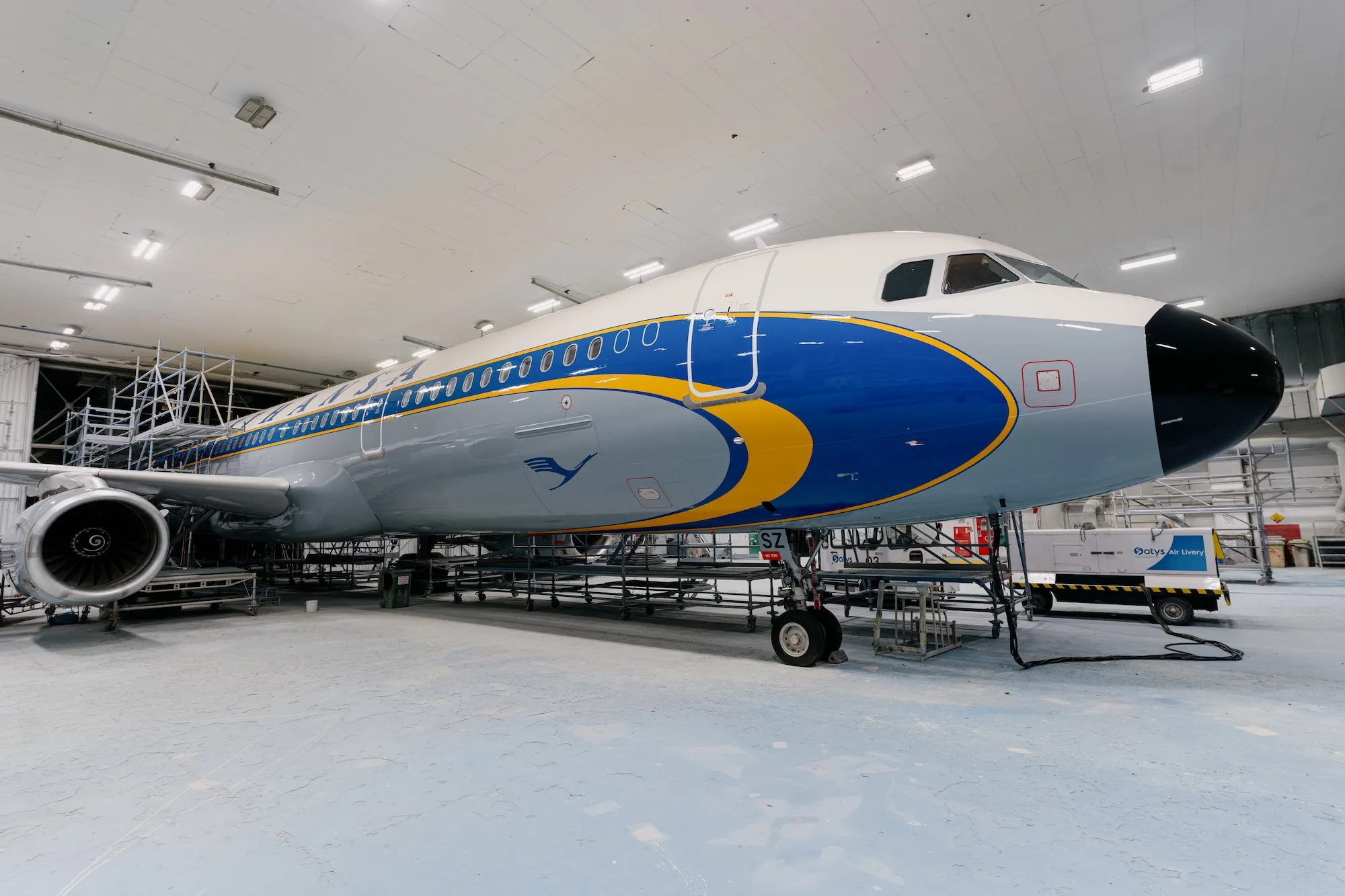
.webp)
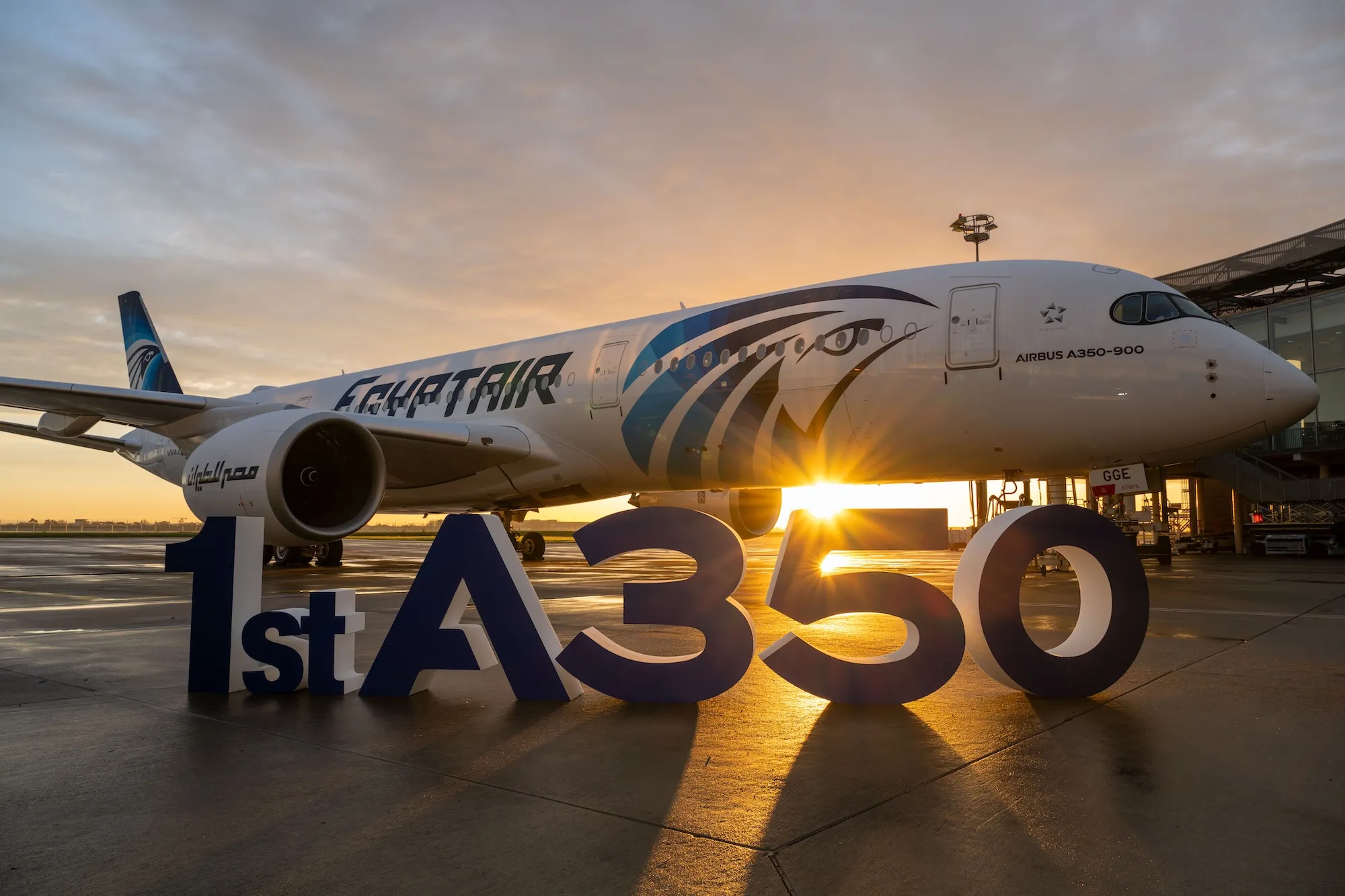
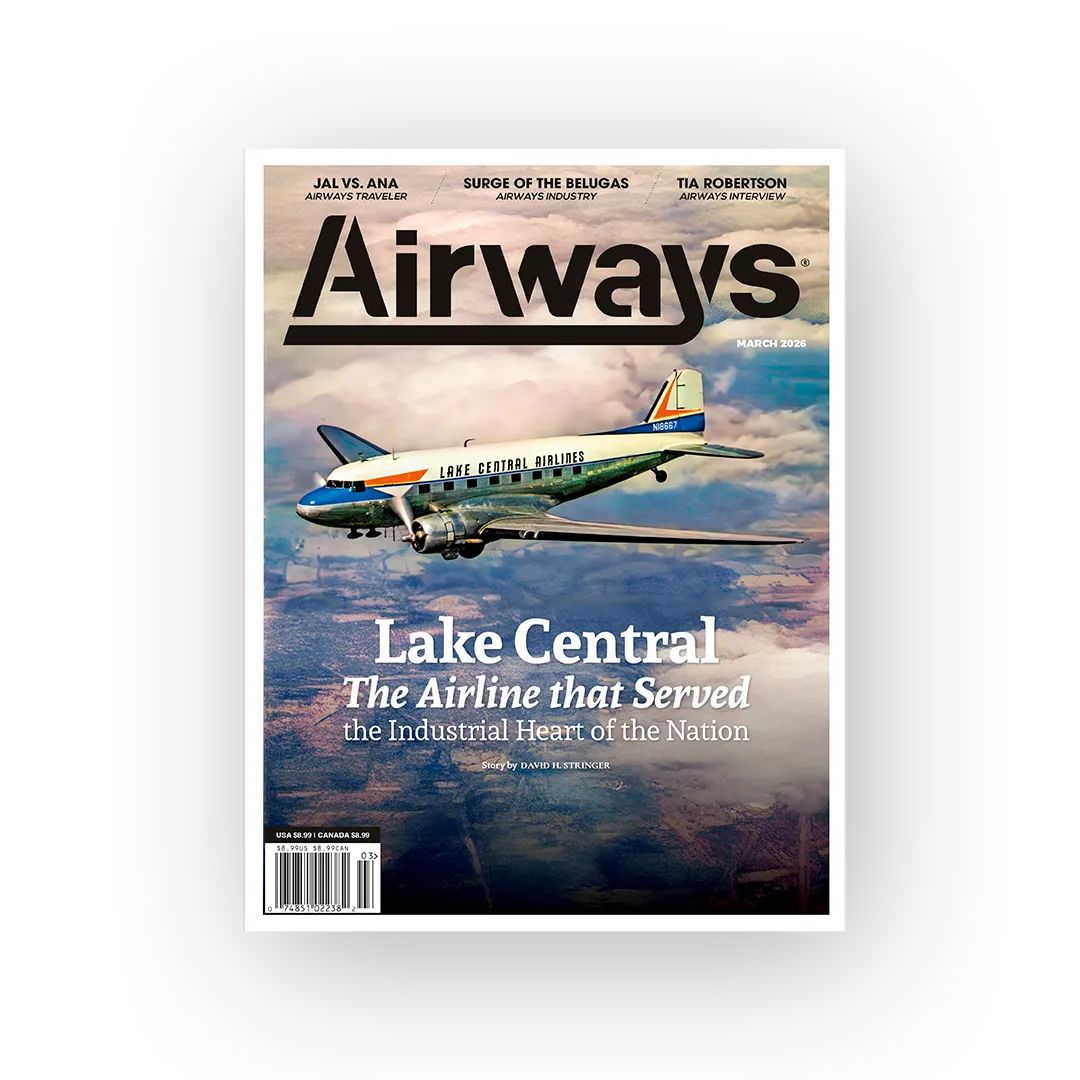

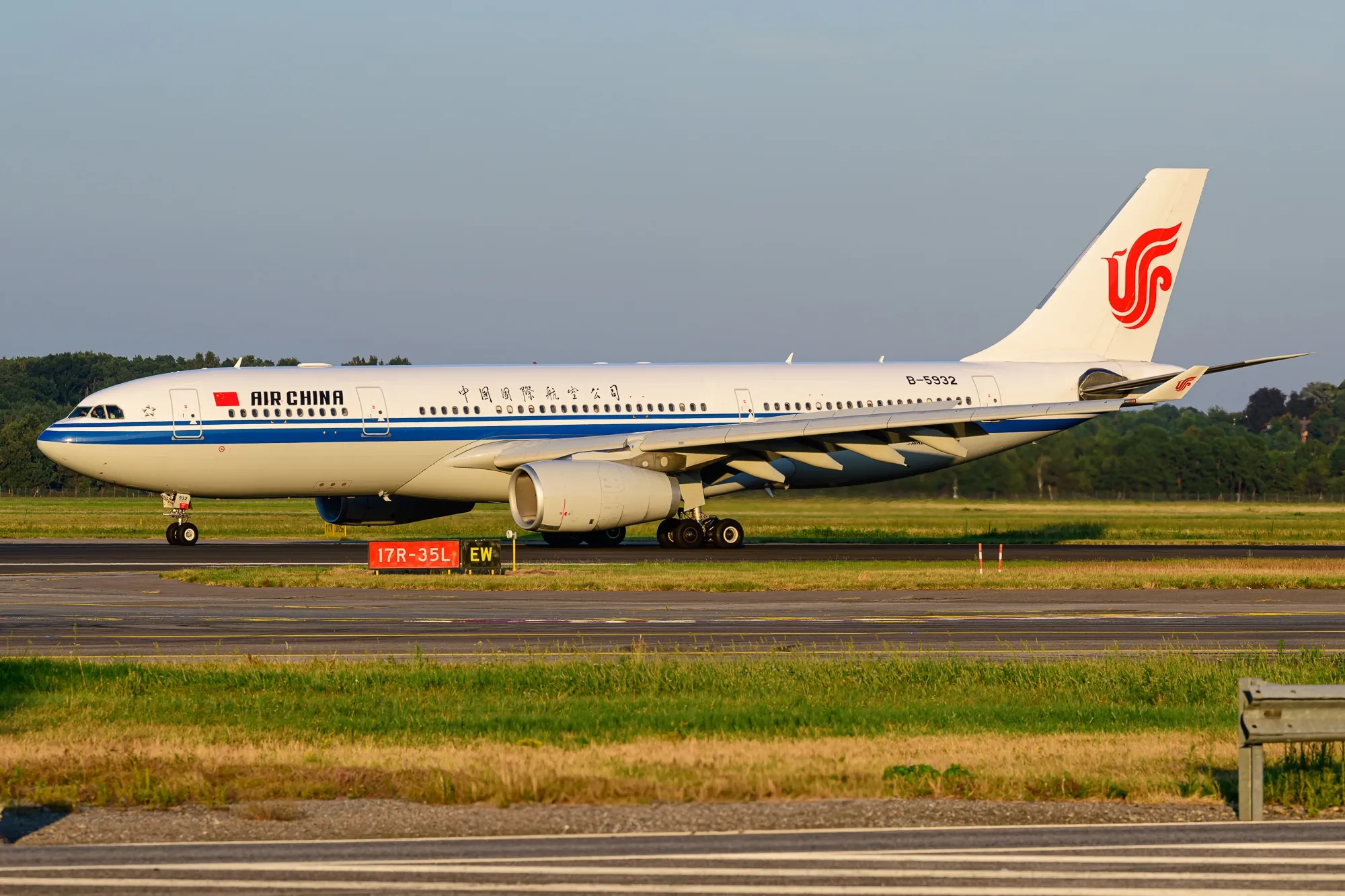
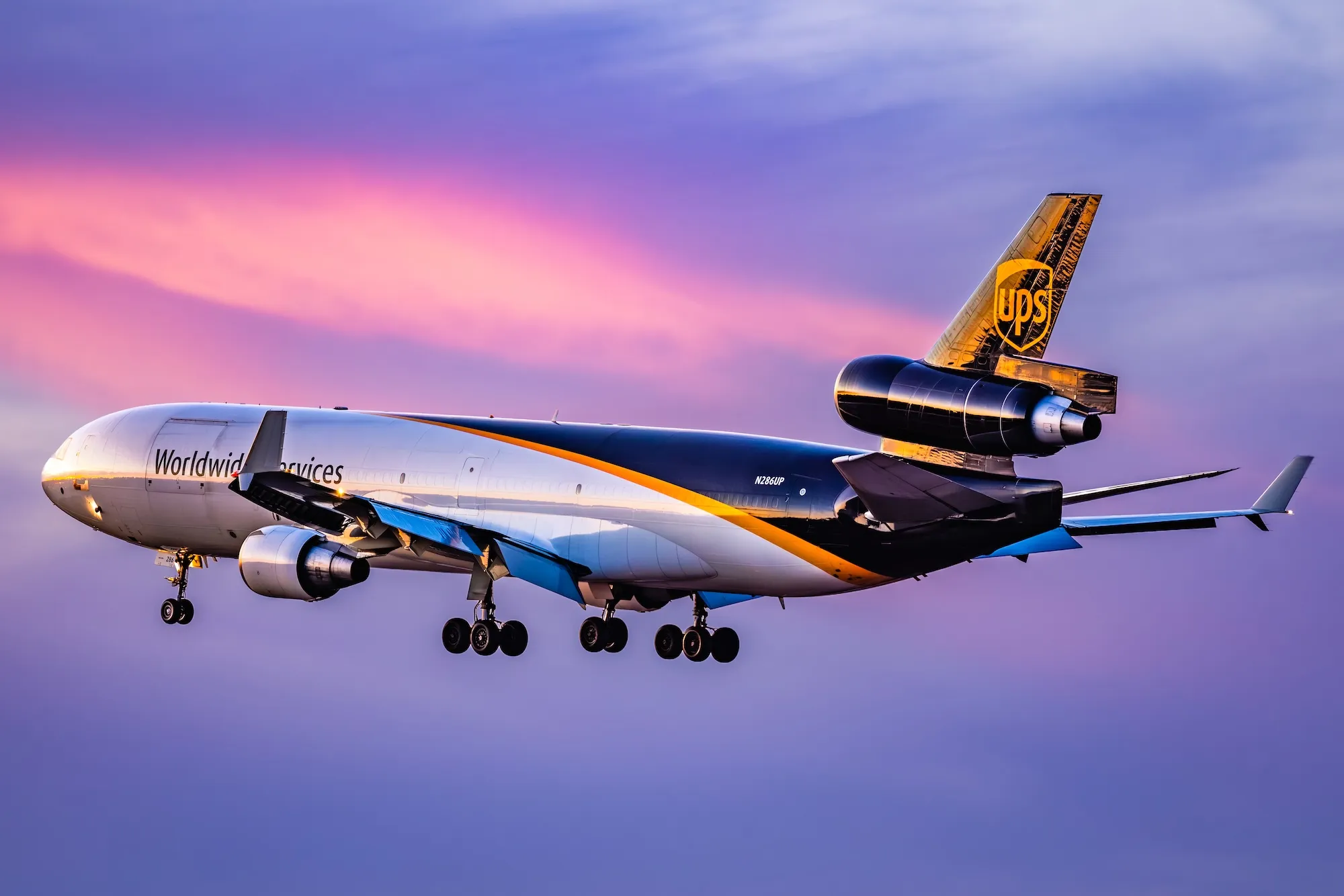
.webp)